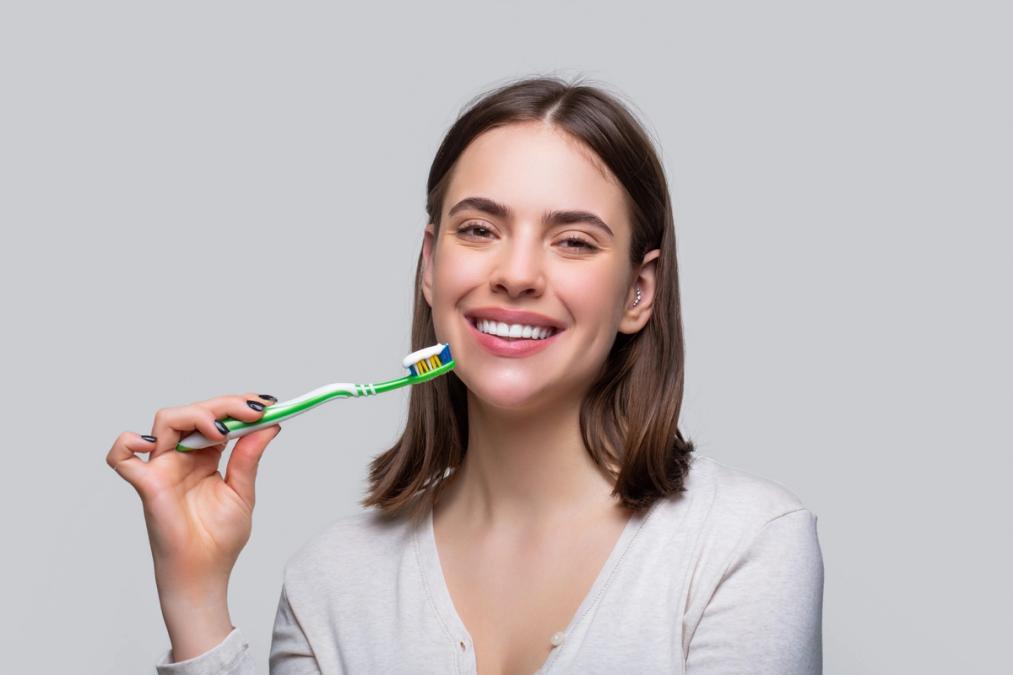Preventive Dentistry in Fort Worth: Small Habits That Lower Cavity Risk—and Your Future Bills
Published on Aug 13, 2025 | 3 minute read

No one dreams about flossing, but most people want fewer dental surprises. Preventive dentistry is the quiet strategy that does both: it helps stop problems early and keeps your visits simple, shorter, and less expensive over time.
How cavities actually start
Cavities form when bacteria and sugars create acids that soften enamel. Your saliva and fluoride push back, repairing early damage if they get a fair chance. The daily goal: tip the balance toward healing by brushing with fluoride, cleaning between teeth, and limiting all-day snacking or sipping sweet drinks.
What preventive care includes (beyond “a cleaning”)
- Routine exams and professional cleanings to remove hardened buildup you can’t remove at home.
- Fluoride to strengthen enamel and support early repair.
- Dental sealants to shield the deep grooves on chewing surfaces from trapping food and bacteria.
- X-rays when indicated to catch decay between teeth or under old fillings.
- Bite and gum checks to spot clenching, recession, or early gum disease.
Home habits with real payoff
Brush twice daily for two minutes with a fluoride toothpaste. Clean between teeth once a day—floss, floss picks, or a water flosser all count if you’ll use them. Keep treats with meals, sip water between, and chew sugar-free gum after eating to boost saliva. Simple, repeatable steps beat complicated routines every time.
Kids, teens, and adults: tailor the plan
- Kids: A pea-size dot of fluoride toothpaste and sealants on new molars often prevent the most common cavities.
- Teens: Aligners or braces trap plaque differently—clean carefully around trays or brackets.
- Adults: Watch for dry mouth from medications and for grinding; fluoride rinses and nightguards can help.
Tools that make it easier
Electric toothbrushes, interdental brushes, water flossers, and high-fluoride toothpaste for high-risk mouths can keep plaque low with less effort. If you struggle with technique or motivation, pick the tools you’ll actually use.
Benefits (at a glance)
- Fewer cavities and simpler visits thanks to early detection and enamel support.
- Healthier gums and fresher breath from consistent plaque control.
- Lower cost and less chair time by preventing big problems before they start.
- Custom schedules that match your needs, whether twice a year or more often.
When to come in
Twice-yearly works for many people; others do better on a 3–4-month interval, especially with a history of gum disease, lots of fillings, dry mouth, or orthodontic treatment. Your provider will set a cadence that keeps you on track.
Bringing it all together
Preventive dentistry is the easiest path to a healthier smile: small habits at home plus timely professional care. Keep the routine simple, repeat it most days, and let your checkups stay just that—checkups.
Want a preventive plan tailored to your family? Book an appointment with Heritage Trace Dental in Fort Worth at 817-741-4288 to Schedule a Consultation and keep small issues from becoming big ones.
